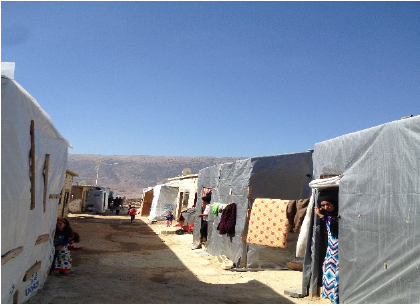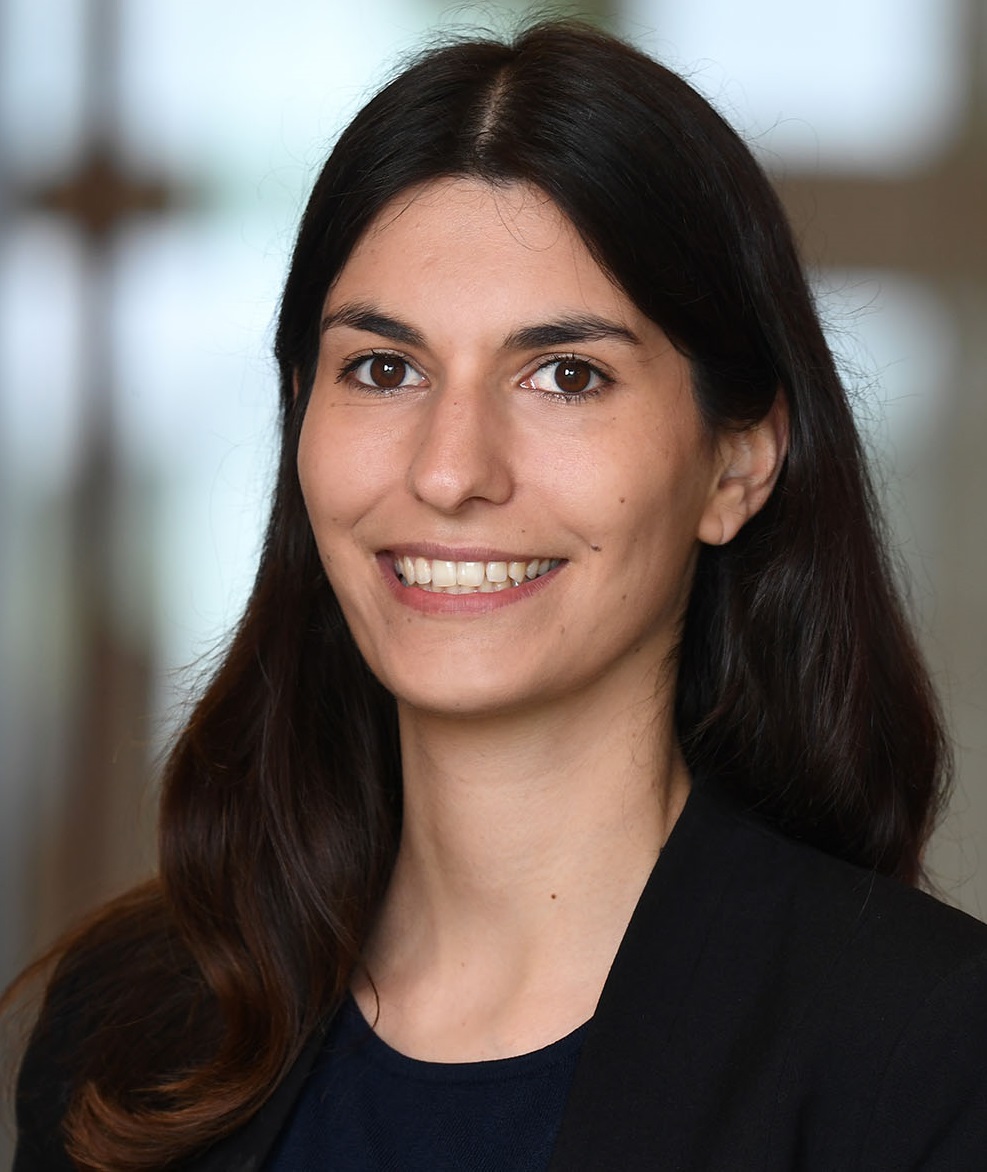‘Speak up via WhatsApp: Understanding the life worlds of Syrian refugees and host communities in Lebanon'

What is the future of Syrian refugees in Lebanon?’, ‘what conflicts shape host community-refugeerelationships?’and ‘how do Syrian refugees make sense of and master their everyday lives in Lebanon?’ To get to the bottom of these questions, we developed and piloted two WhatsApp surveys in the villages of Qaraoun and Bar Elias between November 2017 and March 2018. Digital literacy is widespread in Lebanon with 84% of refugee households using WhatsApp, making it an underexploited tool for data collection. By using voice messages as means of communication, we learnt more about the needs, fears, conflicts and every-day lives of more than 700 Syrian refugees and Lebanese host communities. The paper will first explore the methodological implications of doing large-scale qualitative WhatsApp surveying with very vulnerable communities. It will then analyze Lebanese and Syrian stories through the concepts of ‘bare life’, ‘illegality’, ‘difference/sameness’, ‘bounded experience’, ‘living as dying’, ‘gender conflicts’ and ‘segregated bodies’. The paper will show how both Lebanese and Syrians have differentiated understandings of inter-community relationships, even as the Syrian experience in Lebanon is increasingly defined through illegality, segregation, exploitation and the lack of a future.


